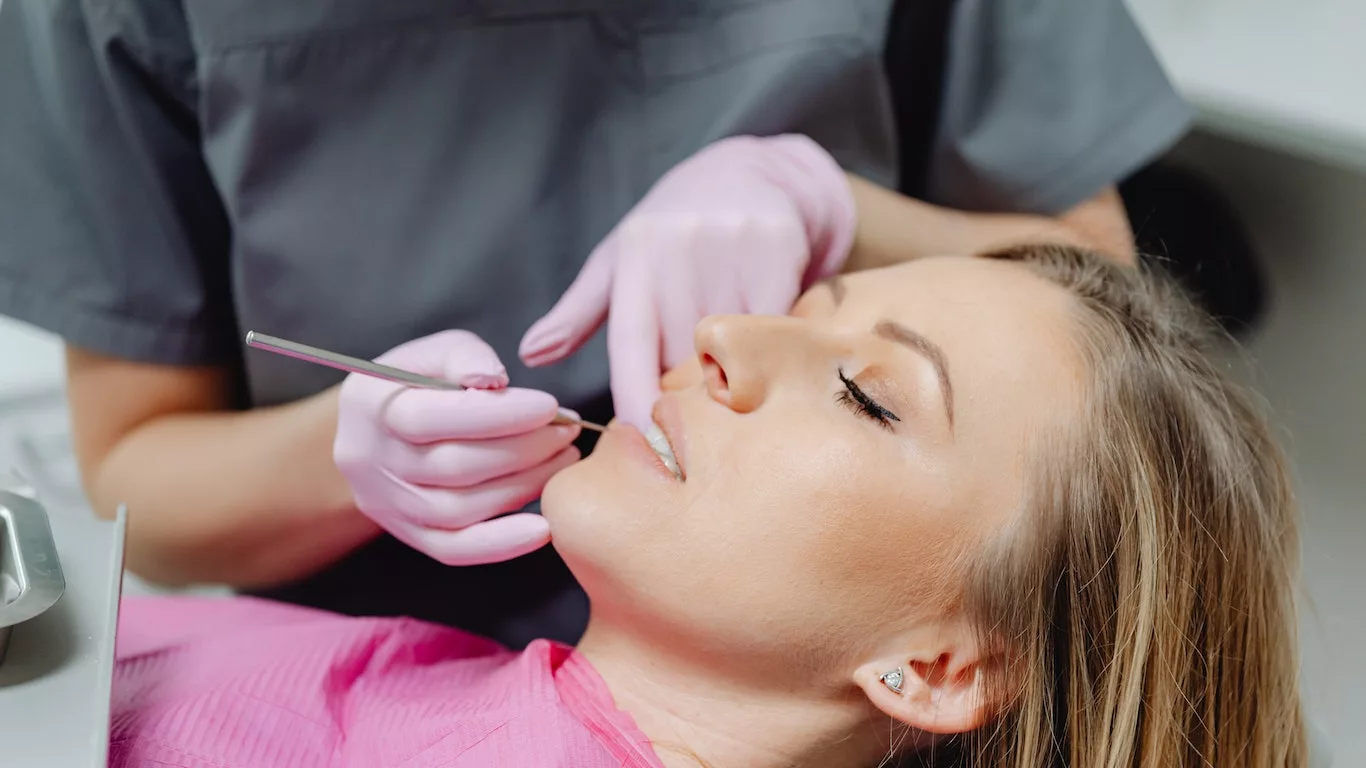Preventing Acid Reflux and Tooth Enamel Erosion
Let’s dive deep into how to protect your teeth from the sneaky combo of acid reflux and enamel erosion. I’ll share insights, tips, and some personal experiences along the way to help you keep that smile sparkling!
Introduction
What’s the Deal with Acid Reflux and Tooth Enamel Erosion?
Acid reflux isn’t just about heartburn or a sour taste in your mouth—it can mess with your teeth too! Over time, that stomach acid sneaking up into your mouth can wear away the enamel, leaving your teeth vulnerable. Trust me, I’ve seen this happen to many people who didn’t realize their digestive troubles were taking a toll on their pearly whites.

Causes of Acid Reflux and Tooth Enamel Erosion
1. Gastroesophageal Reflux Disease (GERD)
GERD is the fancy name for when acid reflux becomes a regular thing. It’s not just about feeling uncomfortable—that acid can reach your mouth and start eroding your enamel. If you’ve ever woken up with a weird taste in your mouth or noticed your teeth looking dull, GERD could be the culprit.
2. Your Diet
Let’s be real—who doesn’t love citrus fruits or the occasional soda? But these can trigger acid reflux and wreak havoc on your enamel. I’ve learned (the hard way!) that a little moderation goes a long way.
3. Lifestyle Choices
Smoking and alcohol? Double trouble for acid reflux and your teeth. If you’re still hanging on to those habits, this might be the nudge you need to rethink them. Your teeth will thank you!

Preventive Measures for Acid Reflux and Enamel Protection
1. Step Up Your Dental Hygiene Game
Brushing and flossing? Non-negotiable. Use a fluoride toothpaste to help protect your enamel. I’ve even started using a soft-bristled brush—it’s gentler on the enamel.
2. Manage That Acid Reflux
If you’re dealing with GERD, talk to a doctor. They might suggest meds or lifestyle tweaks to keep the acid in check. I’ve found that avoiding late-night snacks and big meals really helps.
3. Boost Your Saliva
Chew sugar-free gum or snack on crunchy veggies to get the saliva flowing. Saliva’s like nature’s mouthwash—it neutralizes acid and protects your teeth.

Expert Insights and Considerations
1. Don’t Skip the Dentist
Regular check-ups are a must. I always feel better after my dentist reassures me that my enamel’s holding up. They can also catch early signs of trouble before they get worse.
2. Cut Back on Acidic Foods
I’ve learned to swap out my daily orange juice for something less acidic. Small changes like this can make a huge difference over time.
3. Hydrate Like It’s Your Job
Drinking water throughout the day not only keeps you refreshed but also helps wash away acids lingering in your mouth.

Extended Discussion on Acid Reflux and Oral Health
Let’s talk about some side effects you might not have thought about:
1. Gum Health
Acid reflux can irritate your gums, leading to inflammation. Keeping your gums healthy is just as important as protecting your teeth.
2. Bad Breath
Yep, chronic acid reflux can cause some serious halitosis. Managing the reflux often helps with the odor.
3. Higher Cavity Risk
With less enamel, your teeth are more prone to cavities. Regular fluoride treatments can help keep them strong.

Expert Recommendations for Long-Term Oral Health
Here’s what the pros suggest:
- Visit your dentist every six months—no excuses!
- Work with both your dentist and doctor to tackle reflux and oral health together.
- Personalize your oral care routine to your specific needs—your dentist can help with this.
- Make lifestyle changes, like quitting smoking and eating healthier, to protect your overall health.
Conclusion: Take Charge of Your Oral Health
Preventing acid reflux and enamel erosion takes some effort, but it’s totally doable. By being proactive and making smart choices, you can keep your teeth healthy and strong. And hey, your future self will thank you for it!

Camellia Wulansari is a dedicated Medical Assistant at a local clinic and a passionate health writer at Healthusias.com. With years of hands-on experience in patient care and a deep interest in preventive medicine, she bridges the gap between clinical knowledge and accessible health information. Camellia specializes in writing about digestive health, chronic conditions like GERD and hypertension, respiratory issues, and autoimmune diseases, aiming to empower readers with practical, easy-to-understand insights. When she’s not assisting patients or writing, you’ll find her enjoying quiet mornings with coffee and a medical journal in hand—or jamming to her favorite metal band, Lamb of God.







